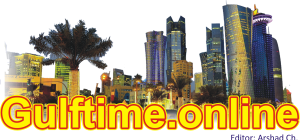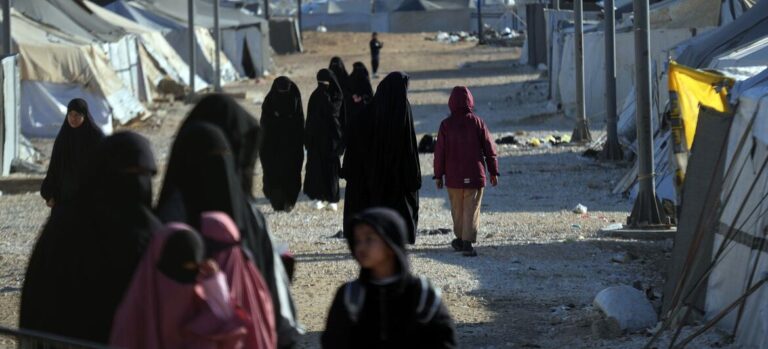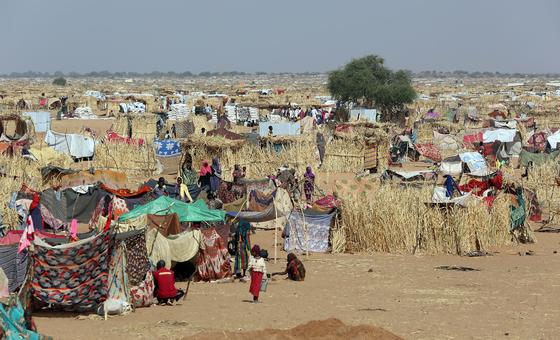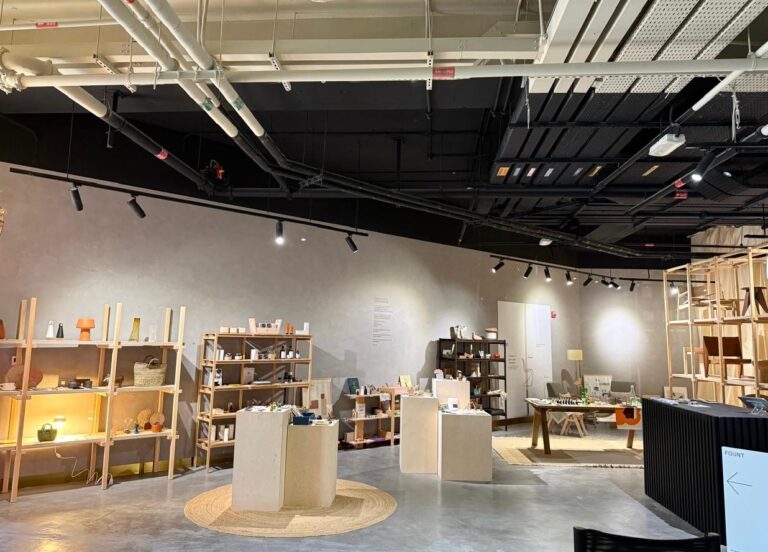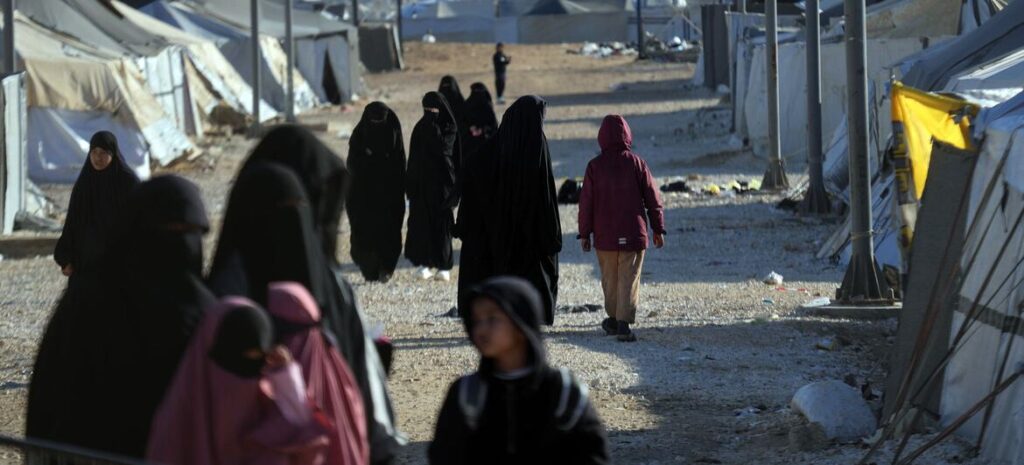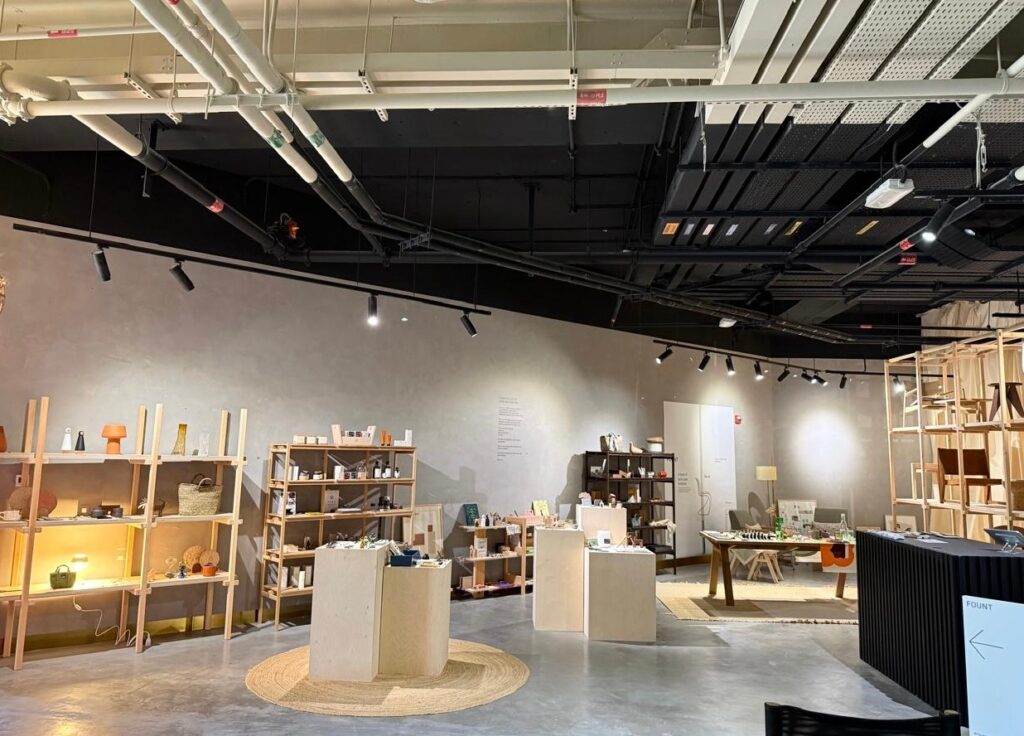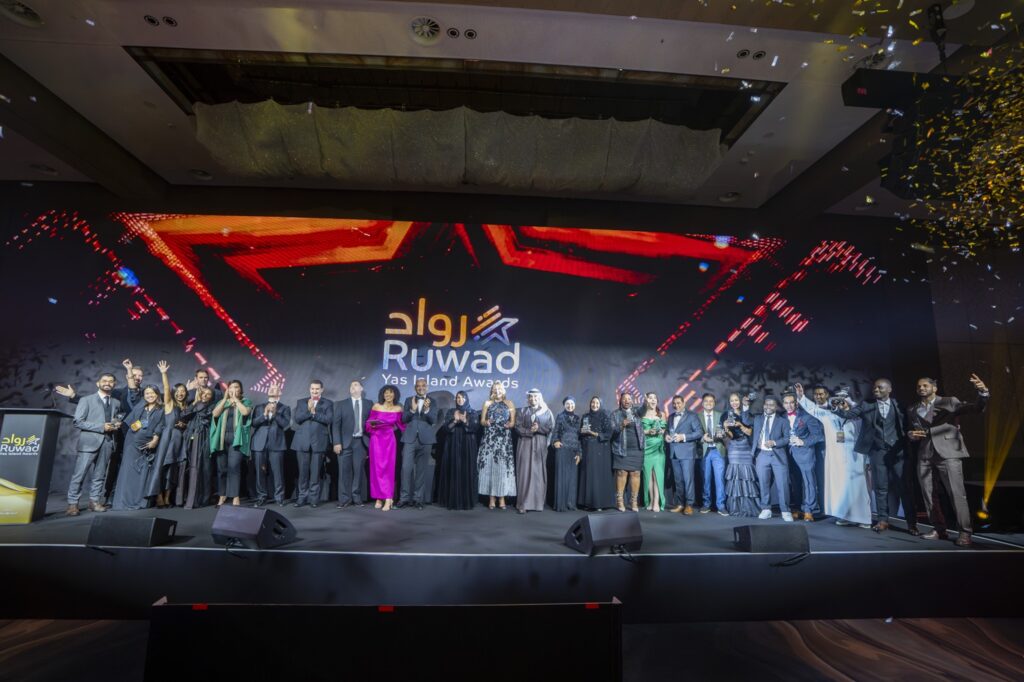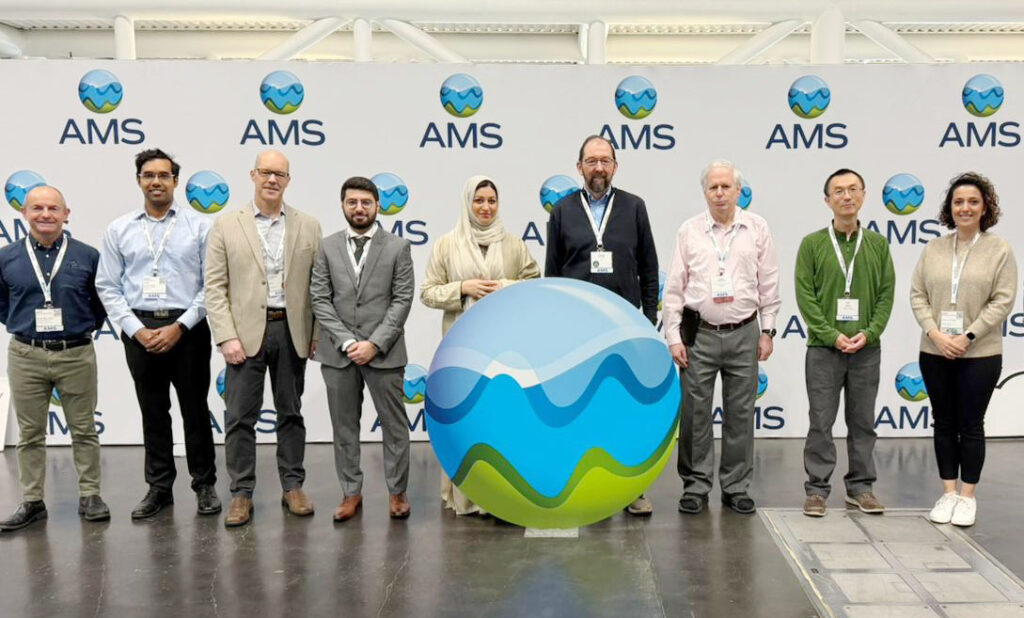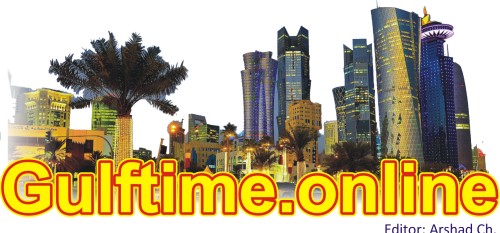The Yas SeaWorld Research & Rescue Center and Environment Agency – Abu Dhabi Organize First Regional Seagrass Scientific Workshop
-
The first of its kind workshop in the region organized in collaboration with the Convention on the Conservation of Migratory Species of Wild Animals (CMS) – DUGONG-MoU
-
Workshop boosted regional collaboration to promote continuous scientific advancements and joint research initiatives on the vital seagrass habitats.
Abu Dhabi(News Desk):: The Yas SeaWorld Research & Rescue Center, the largest dedicated marine research, rescue, rehabilitation and return center in the region, recently hosted the first Arabian Regional Scientific Seagrass Workshop, organized in partnership with the Environment Agency – Abu Dhabi (EAD), the Convention on the Conservation of Migratory Species of Wild Animals (CMS) – Dugong-MOU Secretariat and in presence of professor Emma Jackson, President of the World Seagrass Association.
The event brought together leading marine researchers and environmental experts from United Arab Emirates, Saudi Arabia, Qatar, Bahrain, Kuwait, Jordan and Oman to spotlight the vital role of seagrass habitats in our Arabian coastal ecosystems, sharing the current status of seagrass research and knowledge in the region and discussing the way forward to improve the conservation of seagrass.
Seagrasses are marine flowering plants found in coastal areas worldwide, providing vital ecosystem services such as oxygen production, sediment stabilization, blue carbon sequestration, and essential habitat for numerous marine organisms, including migratory species like dugongs and sea turtles. For example, with nearly four percent of the world’s seagrass, Abu Dhabi’s shores are home to a large population of the vulnerable species of dugongs, commonly known as sea cows, relying almost exclusively on seagrass, with adults consuming up to 40 kg a day.
Despite their importance, seagrass meadows have been declining globally at an alarming rate of 110 km2 per year since 1980 due to significant global and local threats (coastal development and marine heatwaves for example). This workshop highlighted the urgent need to address any knowledge gaps and promote scientific-based conservation strategies. It served as a platform for knowledge exchange, enabling regional scientists to share insights on the current state of seagrass research, identify critical research priorities and foster collaborations aimed at advancing conservation efforts across the region. It also strengthened sustainable research partnerships that support ongoing scientific dialogue and advance initiatives to preserve these vital ecosystems in the Arab world.
Ahmed Al Hashmi, Executive Director of the Terrestrial and Marine Biodiversity Sector from EAD said: “The Environment Agency – Abu Dhabi commits to collaborate with local, regional and international partners to develop tools to protect our marine ecosystems, including the use of artificial intelligence and advanced monitoring technologies, to enhance our understanding and protection of seagrass meadows across the Arab region, given their importance in conserving biodiversity and sequestering carbon, thus enhancing the resilience of our coastal ecosystems. This regional workshop marks a significant step toward strengthening scientific collaboration and sharing expertise to ensure a sustainable future.”
Dr. Elise Marquis, Director of the Yas SeaWorld Research & Rescue Center, said, “Seagrass meadows are not only vital for marine biodiversity, they also play a crucial role as blue carbon habitats. Through our dedicated seagrass research program, the Center is committed to advancing our understanding of seagrass ecosystems in the Arabian Gulf and the broader region. This workshop represents an important step toward initiating a dynamic, collaborative effort to enhance seagrass research. We are entering a new era of opportunities for seagrass conservation, and we are immensely proud to be actively instigating it.”
CMS representatives highlighted the 2030 Seagrass Breakthrough Initiative, initiated at COP28, which aims to establish a global framework for seagrass conservation, which is a crucial habitat supporting migratory species such as dugongs and sea turtles.
Ms. Rouba Abou-Atieh, Executive Coordinator of CMS Office – Abu Dhabi said, “Seagrass ecosystems are vital for migratory species like dugongs and sea turtles, yet they remain under-researched and at risk. This workshop strengthens regional collaboration to bridge knowledge gaps and advance conservation. We hope this workshop will foster further collaboration within the Arabian region to advance the seagrass conservation agenda.”
By hosting this event, the Yas SeaWorld Research & Rescue Center reaffirmed its pivotal role in supporting marine conservation efforts and strengthening partnerships that contribute to impactful scientific research, enhancing the protection of marine biodiversity in the region and ensuring its sustainability for future generations.– ENDS –
